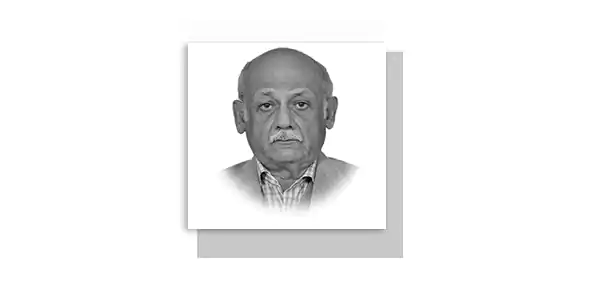The role and functions of the Caretaker governments are set out in Chapter XIV of the Elections Act, 2017. Section 230 of this Act prescribes that a Caretaker Government shall:- (a) perform its functions to attend to day-to-day matters which are necessary to run the affairs of the Government; (b) assist the Commission to hold elections in accordance with law; (c) restrict itself to activities that are of routine, non-controversial and urgent nature, in the public interest and reversible by the future Government elected after the elections; and Role and Functions under Elections Act, 2017 (d) be impartial to every person and political party.
The Caretaker Government shall not— (a) take major policy decisions except on urgent matters; (b) take any decision or make a policy that may have effect or pre-empt the exercise of authority by the future elected Government; (c) enter into major contract or undertaking if it is detrimental to public interest; (d) enter into major international negotiation with any foreign country or international agency or sign or ratify any international binding instrument except in an exceptional case; (e) make promotions or major appointments of public officials but may make acting or short term appointments in public interest; (f) transfer public officials unless it is considered expedient and after approval of the Commission; and (g) attempt to influence the elections or do or cause to be done anything which may, in any manner, influence or adversely affect the free and fair elections.
It would be seen that the role of the Caretaker Governments has been restricted to performance of day-to-day functions that are necessary to run the affairs of the Government, and to assist the Election Commission of Pakistan to hold elections in accordance with the constitutional mandate of the Election Commission. The Caretaker Governments are confined to activities that are of routine, non-controversial and urgent nature and to actions that can be reversed by the future elected Government.
Firstly the stance of the Federal and Provincial governments as well as the election commission on holding elections to the Punjab and KPK assemblies within 90 days after their dissolution ignited a constitutional and legal debate all over the country. Now the caretaker Govt. seems to be getting deeper and deeper into political controversy when in fact at this stage it should do it’s utmost to assure the people of Pakistan that it will fulfill its constitutional duty to hold far, free and transparent national elections without showing a bias for any party or group. Instead of sticking to their constitutional duties for holding credible elections statements by the Prime Minister and some cabinet members are muddying the waters and creating doubts about the fairness of the forthcoming elections. The caretaker Prime Minister Anwar ul Haque Kakar in an interview to the Associated Press declared that elections could be held without the participation of the PTI chairman Imran Khan and this very obviously resulted in a sharp response from the PTI.
The Human Rights Commission of Pakistan was quick to say that the claim of the caretaker PM was “ill-judged and anti-democratic” as no court of law has yet found Imran Khan guilty in any case against him. HRCP also said it was not for the prime minister or his government to decide unilaterally what constitutes a ‘fair’ election.
Former prime minister and PML-N leader Shahid Khaqan Abbasi also said it was not the interim PM’s job to make such contentious statements. The rebuttal and clarifications issued by the office of the PM proved too little and too late and in fact other media interviews by the caretaker PM have further confused the issue and generated more debate and controversy. To make matters worse the interior minister Sarfraz Bugti issued a statement that Nawaz Sharif will be arrested on landing in Pakistan if he did not have a bail before arrest.
This statement drew the ire of the PMLN leaders who insisted that the interior minister had no business to issue such statements and he had exceeded his authority and his jurisdiction and again the clarifications by the interior ministry did not calm the highly charged political environment. PPP leader Bilawal Bhutto-Zardari decried the absence of a “level playing field” for the polls.
Party representatives publicly assailed the inclusion in the interim cabinet of former bureaucrats closely aligned with PML-N in the past. They insinuated that the interim government was acting as a vehicle for PML-N and also accused the Election Commission of Pakistan of bias.If the principal role of a caretaker government is to oversee free and fair polls and act impartially, such criticism from political parties, who are major contenders in the upcoming election, suggests it is already falling short on fulfilling its responsibilities as envisaged in the Constitution and Elections Act of 2017.
The caretaker Govt. should now avoid getting into any controversy and should focus assiduously on its primary constitutional role that is creating conditions for fair free and transparent National elections. The sooner elections are held the greater is the chance to get the nation out of present economic political and social crisis that is gnawing at roots of the country.
—The writer is Professor of History, based in Islamabad.
Email: [email protected]










